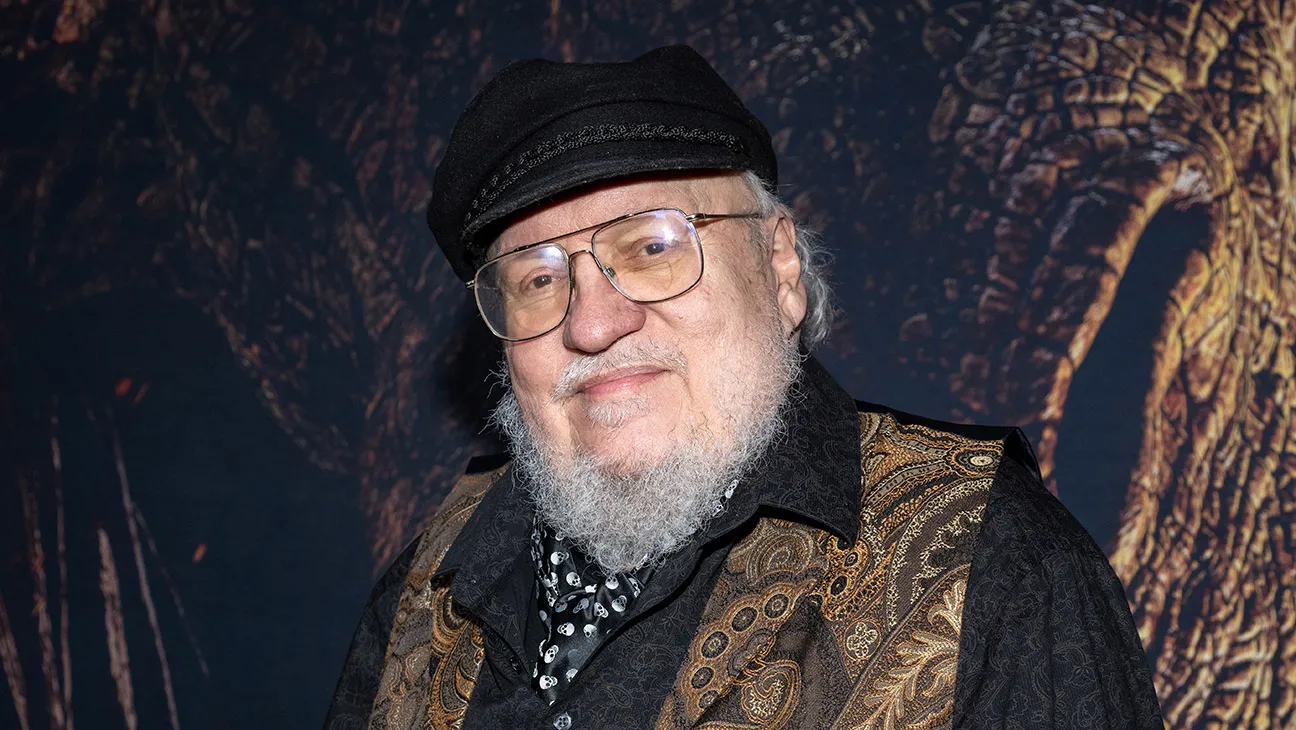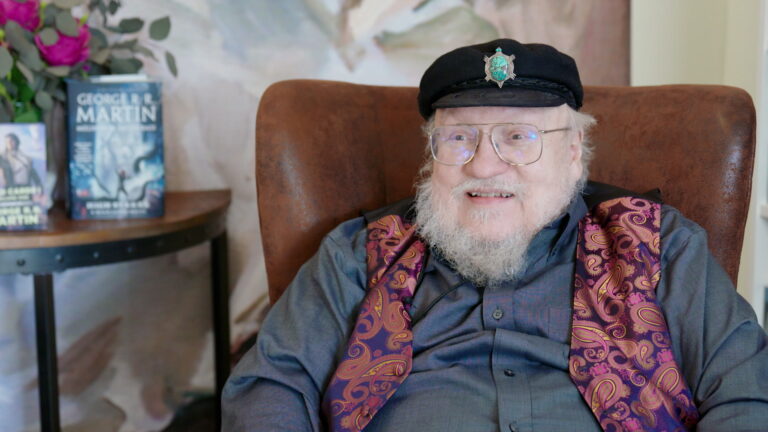In the labyrinthine world of Westeros, created by George R. R. Martin, the dynamics of family relationships play a crucial role in weaving an intricate narrative that captivates millions. The bond—or the lack thereof—between Robert Baratheon and his son Joffrey in Martin’s epic saga, “Game of Thrones,” is particularly emblematic of dysfunction. This tumultuous relationship is not just a creation of fantasy but mirrors a poignant reality from Martin’s own life, shedding light on the complex interplay between his personal experiences and his writing.

Art Imitating Life: The Distant Bonds of Blood
In the icy and harsh landscapes of “Game of Thrones,” Robert and Joffrey share a name and lineage but little else, paralleling the emotional distance that marked Martin’s relationship with his own father. Martin’s candid reflections reveal a similarly strained connection, characterized by misunderstanding and emotional detachment.
My father was a distant figure. I don’t think that he ever understood me, and I don’t know that I ever understood him… I saw him every day, but we hardly talked. The only thing that we really bonded over was sports.
This admission not only highlights the personal struggles faced by Martin but also enhances the authenticity of the relationships depicted in his narratives. The portrayal of Robert and Joffrey is not just a plot device but a reflection of Martin’s interpretation of his own life experiences, illustrating how personal history can influence creative expression.
Echoes of the Past: Drawing Inspiration from Family Lore
Beyond the direct correlations with his immediate family, Martin’s broader family history and upbringing in Bayonne, New Jersey, have also seeped into his stories. The tales told by his mother about her family and the past painted a picture of a “golden age,” which fueled Martin’s imagination and his penchant for creating expansive, fantastical worlds. These personal anecdotes provided a foundation for the elaborate settings and complex character dynamics that fans have come to cherish.

Martin’s ability to blend the fantastical with the deeply personal allows his readers to find relatability in the extraordinary, making the mythical lands of Westeros feel as real and as fraught with emotion as the world outside the pages.
A Legacy of Storytelling Shaped by Reality
The genius of George R. R. Martin lies not just in his grandiose visions of dragons and battles but in his nuanced exploration of human relationships and the often-painful realities they encompass. His work, while a departure from reality in setting, remains grounded in the emotional truths of his own life, providing a canvas that is both vast in scope and intimate in detail.

As fans eagerly await further tales from Martin, they are reminded of the real-world inspirations behind the complex interrelationships that define the saga of Westeros. The parallels between Martin’s life and his work serve as a testament to the power of personal history in shaping narrative art, offering a deeper understanding and appreciation of his craft.
The echoes of Martin’s own familial experiences in his characters’ lives not only make for compelling storytelling but also invite readers to reflect on the influences of their own personal histories in their understanding of the world. As we traverse the fictional landscapes of Westeros, we are invariably exploring the contours of the human heart, as reflected in the life of its creator, George R. R. Martin.
